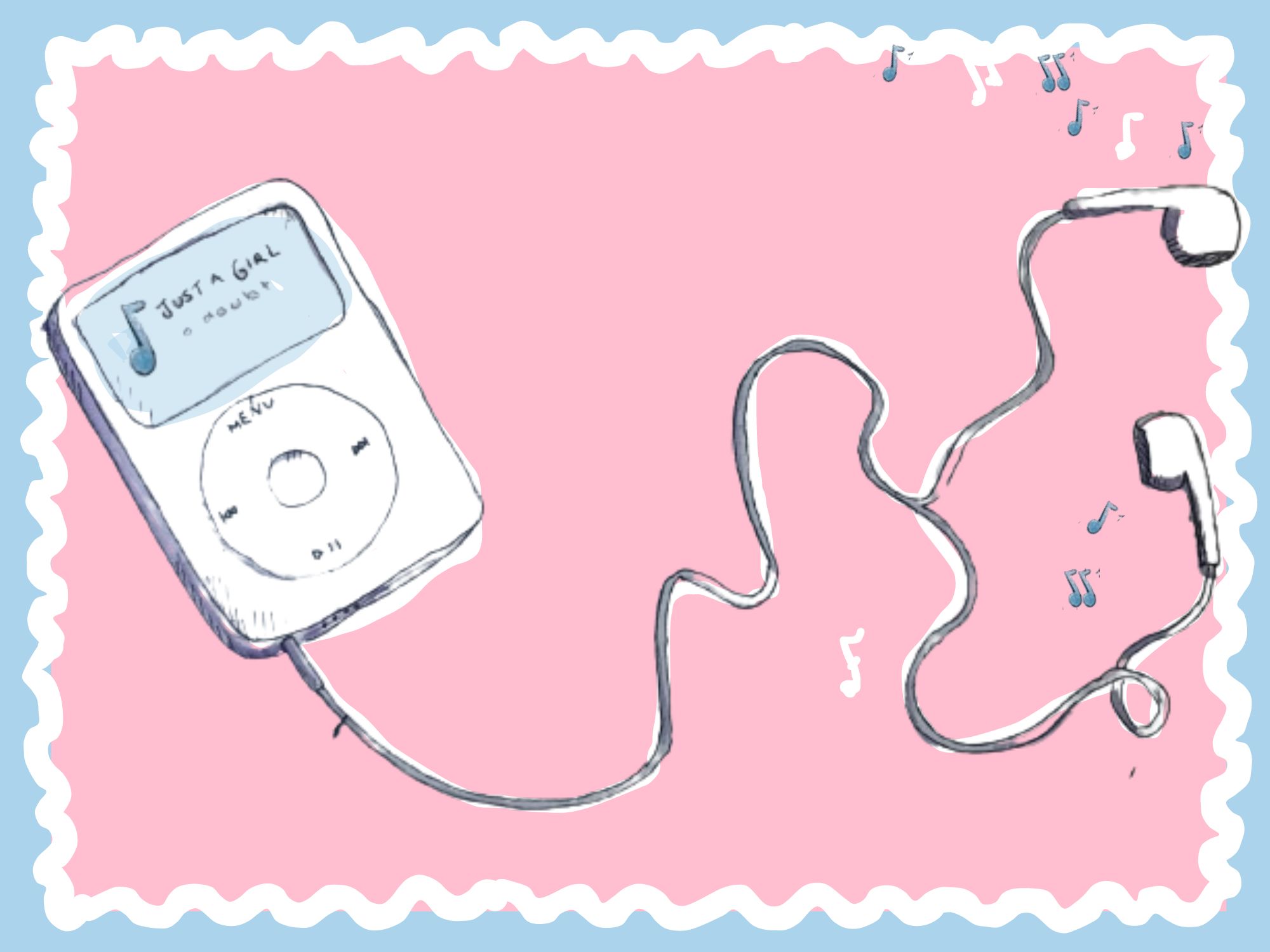“Oh I’m just a girl, all pretty and petite / So don’t let me have any rights,” Gwen Stefani sings in No Doubt’s satirical 1995 hit “Just a Girl.” The song criticizes misogyny by mocking the damsel-in-distress archetype, exposing what it’s like to be a woman under patriarchy.
Although the hit was debuted by No Doubt as a critique of male domination, the phrase “just a girl” has been co-opted by internet culture as a way for women to make light of their shortcomings. However, I’ve noticed that these seemingly harmless jokes often slip into misogyny themselves.

One TikTok video is captioned, “when i just hit 3 curbs and now he’s scared but i’m literally just a girl with cute bow earrings.”
Another says “I’m literally just a girl, all I wanna do is go shopping, look pretty & mind the business that pays me.”
Many of the popular videos are set to Lana Del Rey, Mitski or Julia Roberts’ famous “just a girl” speech from “Notting Hill.”
The imagery of the videos are pink and childlike. The ribbons, bows and lace beautifully package the misguided messaging.
The “just a girl” trend aligns with the exaggerated naïveté of No Doubt’s song, but lacks the irony. The implication behind the videos is that these women are infantile, and lack life skills or knowledge. The jokes are about not being able to do math, not being able to drive and not wanting to work.
This trend flies in the face of Gwen Stefani’s intention when writing “Just a Girl.” In an interview with Vogue, Stefani says the song embodies the simultaneous strength and defenselessness that comes with womanhood, and how difficult it can be to earn respect. For Stefani, there is both fear and power in being a girl.
This message is especially clear when she sings, “Oh, I’m just a girl, take a good look at me / Just your typical prototype.” She almost explicitly refers to the pejorative generalizations made about women. This “typical prototype” addition satirizes the idea that women are all like-minded.
This is where the internet trend misses the mark. The point of the videos is that every girl can relate to these classic reductive truths. They boil down their strife into being “just a girl,” and, despite Stefani’s intent with the song, these women definitely do not try to be taken seriously.
Perhaps, in the past thirty years, we have reached a place in feminism where women no longer need to prove themselves. Maybe now it’s okay to admit that you actually are bad at driving or don’t want to work.
But, of course, women should be allowed to make jokes about their gender.
I would like to remind us, though, that there is no similar trend for men to joke about being dumb or useless. A sweeping trend that encourages women to reduce themselves into beautiful, submissive creatures for internet consumption is perhaps more regressive than we’re willing to admit.
In “Just a Girl”, Stefani sings, “Oh, I’m just a girl, what’s my destiny? / What I’ve succumbed to is making me numb.” We must ensure that we don’t succumb to the misogyny that confronts us in our personal and internet lives.
When users passively engage with the media that chalk up women’s flaws to the inferiority of our gender, what starts as irony soon bleeds into a conflation of girlhood with negative stereotypes.
The time for women to trivialize themselves is over. As a wise woman once said, “I’ve had it up to here.”




















































































































